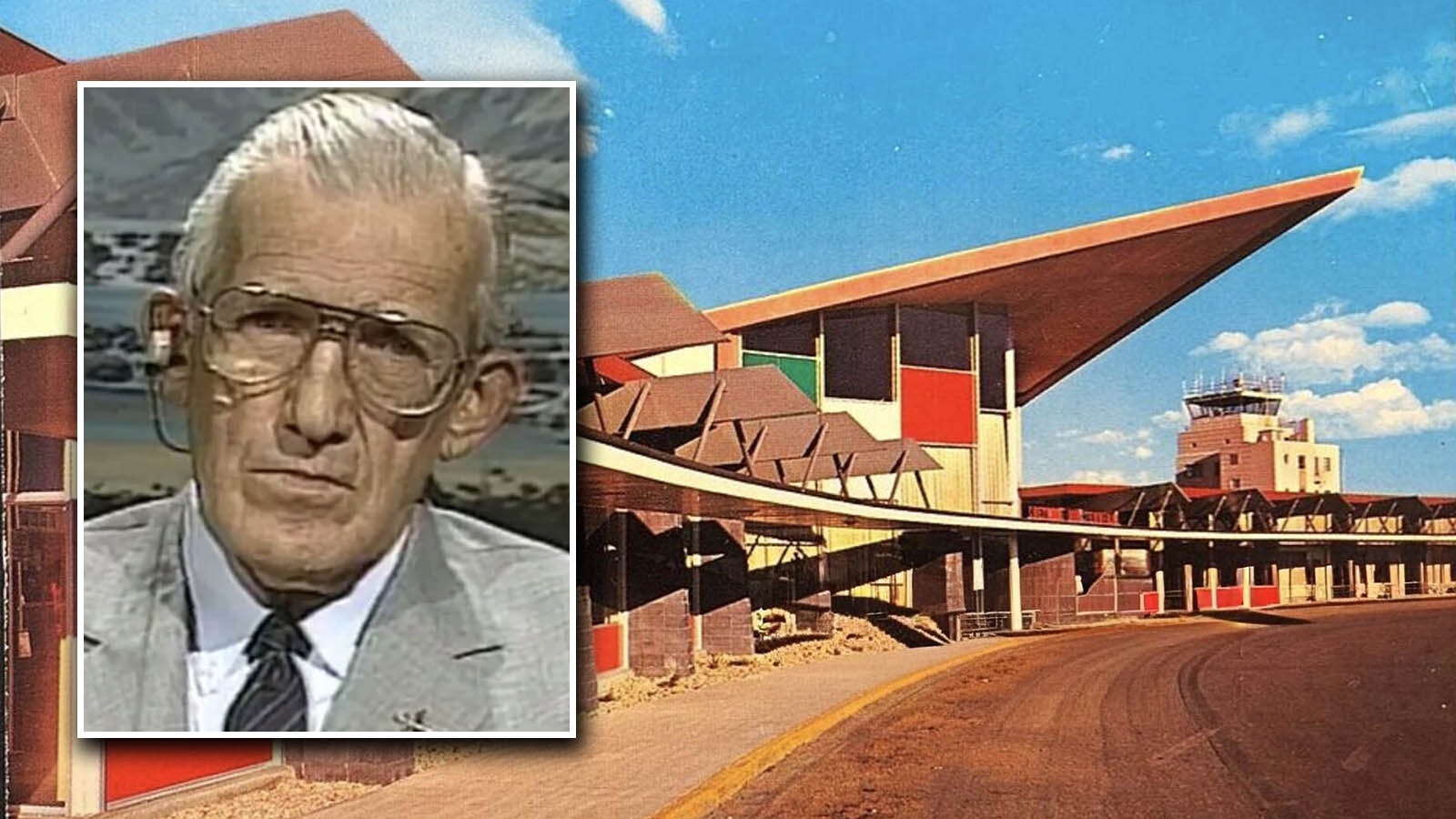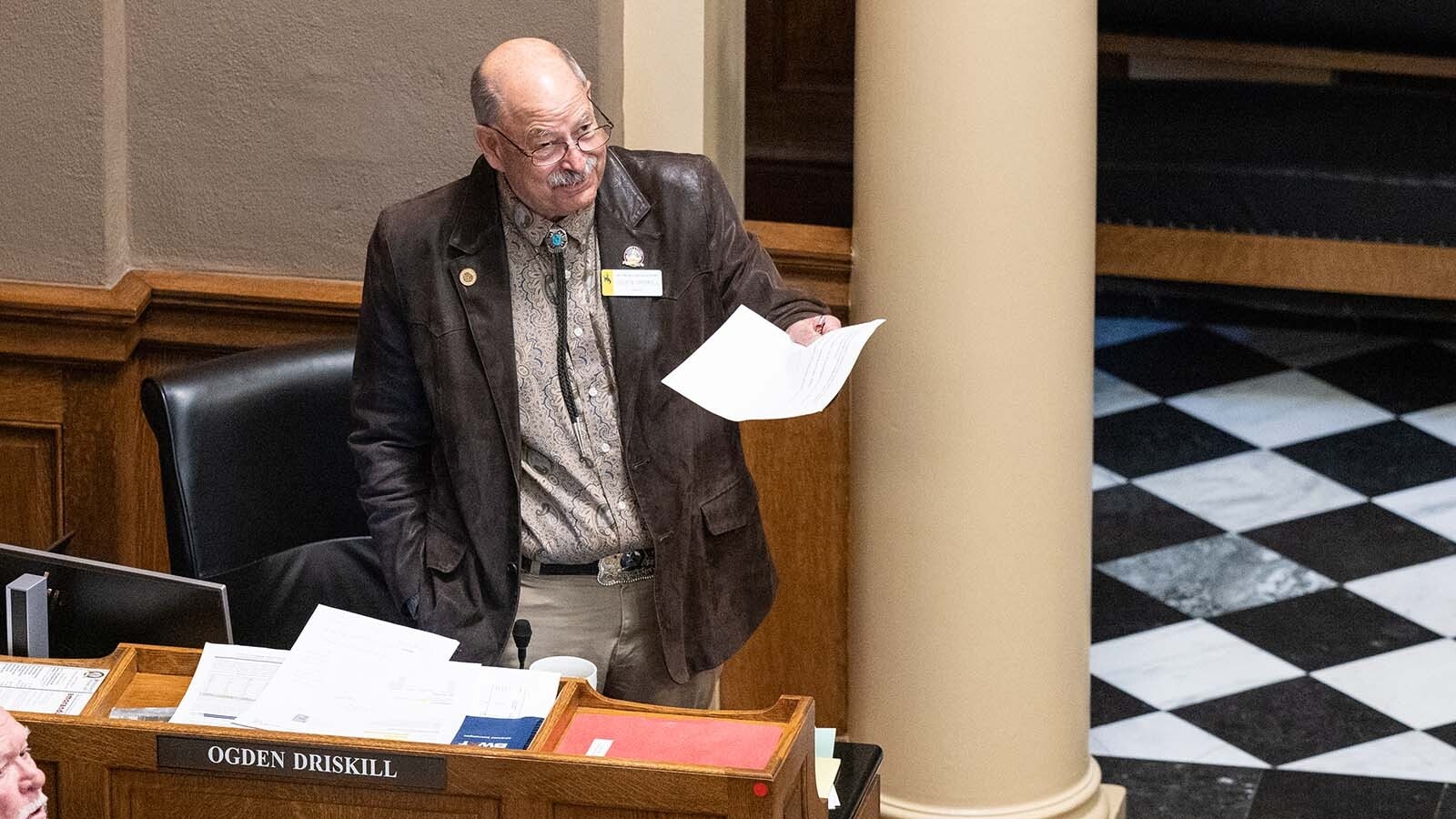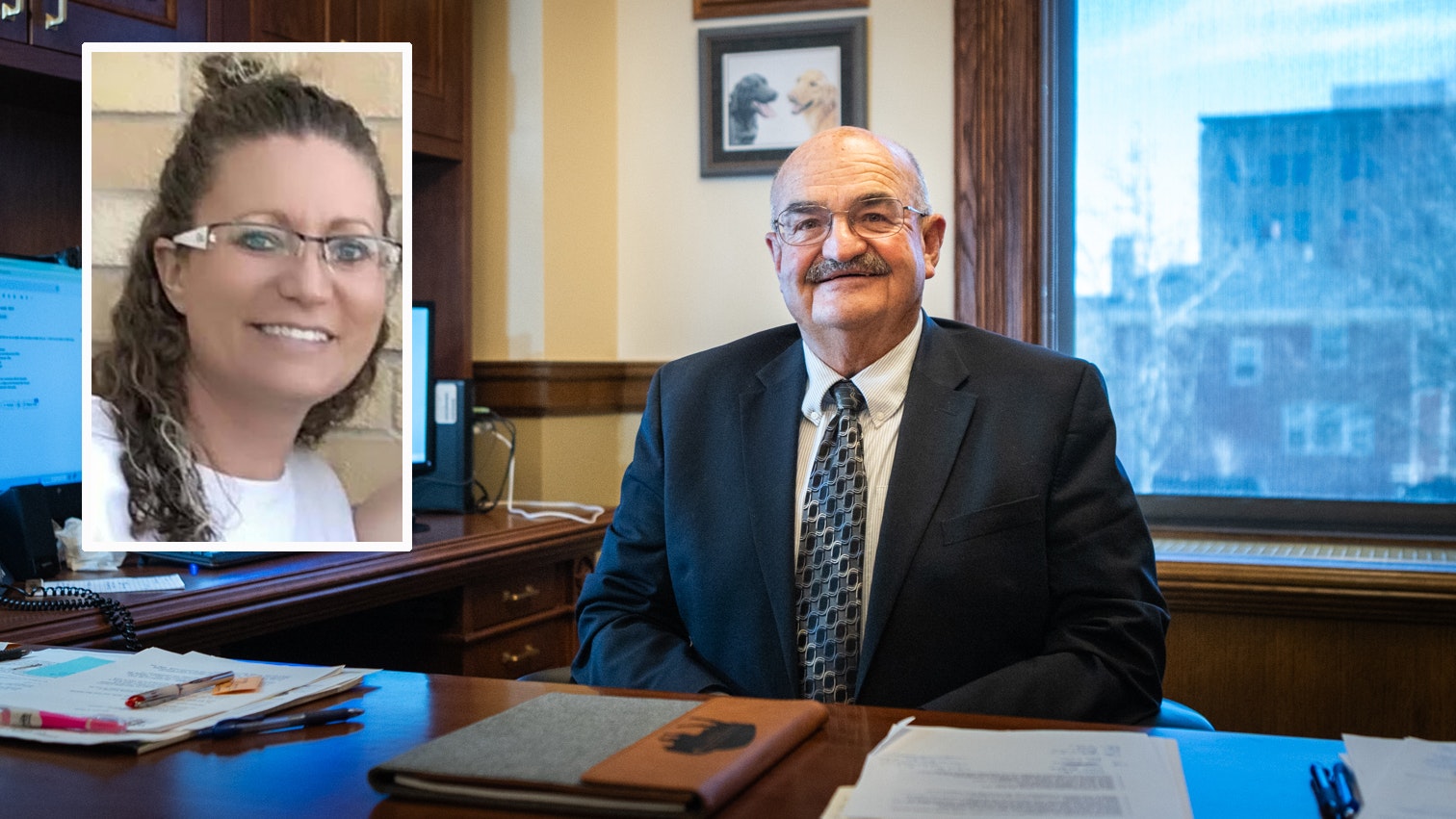The legislative House Judiciary Committee voted Friday to table a sweeping bill targeting librarians and others suspected of giving obscene material to kids, opting to take a more careful look at the state's obscenity problem over the next year instead.
Some lawmakers indicated the bill wasn’t needed, and some argued that it was.
But many of House Bill 194's most vocal detractors called it out as poorly-written.
One of those was Rep. Tom Kelly, R-Sheridan. For him, the bill was a problematic attempt at lawmaking that grew from parents’ real-life frustrations.
“This issue wasn’t conjured out of thin air,” said Kelly. “There’s a serious issue here, and I think had it been addressed more seriously instead of deriding parents as bigots and book-burners, then we wouldn’t have gotten to this point.”
Kelly elaborated, saying the issue has now launched to the state lawmaking level, where representatives have been “talking about passing a sweeping and almost vindictive law.”
Like most of the other members on the committee, Kelly voted Friday to table the bill for further development, which means it won’t become law for at least one year, if at all.
Kelly is correct that sexually-graphic books in school libraries and the youth sections of public libraries have become a pivotal issue in communities across Wyoming.
While some librarians and detractors have dismissed community members’ concerns as censorship attempts, the controversies have, in some cases, resulted in stronger anti-obscenity policies at the level of local school and library boards.
‘Libertarian Side’
Rep. Lee Filer, R-Cheyenne, said his opposition to the bill grew out of his “libertarian side” and the notion that parental rights have a flip side, of parental responsibility. He said his child’s school emails him when the child checks out a book, and he can control those choices.
Committee Chair Art Washut, R-Casper, countered, saying not all policies are so friendly: differing local policies across Wyoming have proved unsatisfactory for parents.
Washut said he’s inclined to agree with Kelly, and “the issue is out there.”
But Washut was a tough critic of the bill as well, not for its intent, but for what he characterized as its sloppy application.
“Who goes to jail?” asked Washut.
He noted that the bill would only let prosecutors charge someone who “knowingly” exposes minors to harmful content. But he questioned how authorities could sort out who, in a decades-old library full of thousands of volumes, held the blame for providing harmful content.
“Do we have to arrest everybody on the library board?” asked Washut, in a rhetorical.
Rep. Jayme Lien, R-Casper, proposed changing the law so that only library directors or head librarians could be charged under it.
Washut countered, saying since the bill would replace Wyoming’s existing crime against disseminating obscenity to minors, making that change would exempt everyone from the crime except library directors.
Lien withdrew her amendment and made a motion to table the bill.
Rep. Ken Chestek, D-Laramie, who had asked the committee moments earlier to table the bill, wore a wry expression as he voted “aye” on Lien’s motion.
As Written
Had it become law, HB 194 would have bolstered Wyoming’s current crime of exposing minors to obscenity, with a broader and less-flexible category of content “harmful to minors.”
It would have criminalized showing lewd performances and dissemination of intentionally sexualizing books and materials to kids – above what the law authorizes currently. It also would have repealed a statute that now exempts librarians, educators, and museum workers from being charged with obscenity crimes for performing their job duties.
Librarians called it state-government overreach and an invitation toward “lawfare.”
Proponents called it a needed solution to ineffective local policies and wildly inappropriate materials in children’s sections of libraries.
Clair McFarland can be reached at clair@cowboystatedaily.com.





